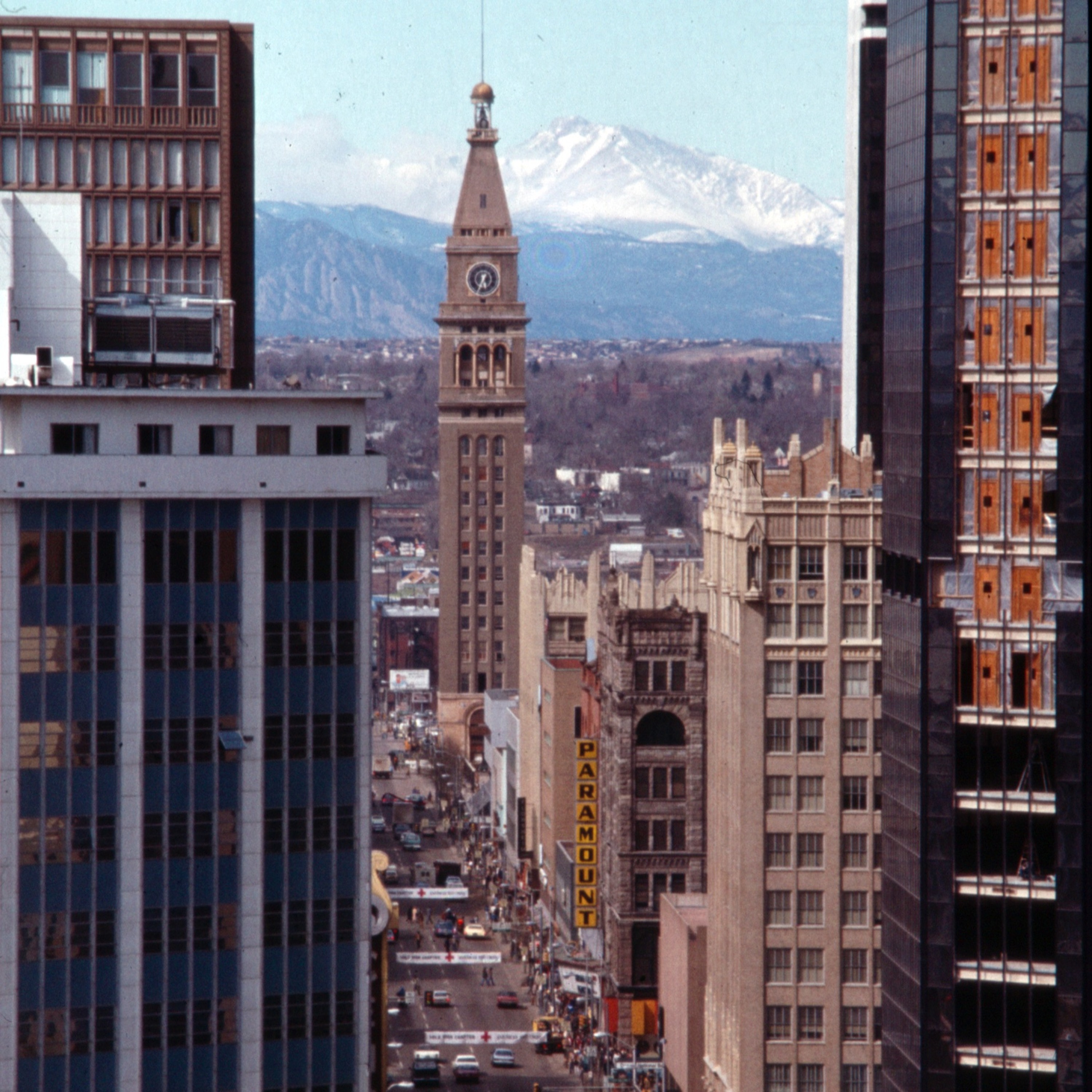- Culture
- SEE MORE
- classical
- general
- talk
- News
- Family
- Bürgerfunk
- pop
- Islam
- soul
- jazz
- Comedy
- humor
- wissenschaft
- opera
- baroque
- gesellschaft
- theater
- Local
- alternative
- electro
- rock
- rap
- lifestyle
- Music
- como
- RNE
- ballads
- greek
- Buddhism
- deportes
- christian
- Technology
- piano
- djs
- Dance
- dutch
- flamenco
- social
- hope
- christian rock
- academia
- afrique
- Business
- musique
- ελληνική-μουσική
- religion
- World radio
- Zarzuela
- travel
- World
- NFL
- media
- Art
- public
- Sports
- Gospel
- st.
- baptist
- Leisure
- Kids & Family
- musical
- club
- Health & Fitness
- True Crime
- Fiction
- children
- Society & Culture
- TV & Film
- gold
- kunst
- música
- gay
- Natural
- a
- francais
- bach
- economics
- kultur
- evangelical
- tech
- Opinion
- Government
- gaming
- College
- technik
- History
- Jesus
- Health
- movies
- radio
- services
- Church
- podcast
- Education
- international
- Transportation
- Other
- kids
- podcasts
- philadelphia
- Noticias
- love
- sport
- Salud
- film
- and
- 4chan
- Disco
- Stories
- fashion
- Arts
- interviews
- hardstyle
- entertainment
- humour
- medieval
- literature
- alma
- Cultura
- video
- TV
- Science
- en
6.2 - Denver, CO History: Diverse, Progressive and Forward-Thinking Leadership

DENVER, CO: THE GREAT AMERICA OF 1983-2003 The years between 1983 and 2003 were a time when diverse, progressive and forward-thinking leadership elevated Denver to a position of national prominence rare for a city in the intermountain west. These were years when Denver emerged from a depression after the collapse of domestic petroleum production to become not only economically prosperous, but a center for arts and culture and an exciting place to live. The energy crisis of the 1970s prompted the nation to look for domestic sources of energy, and Colorado’s coal, natural gas and oil shale resources attracted the attention of investors. This led to a real-estate boom in Denver, whose once-humble downtown suddenly sported glass-and-steel skyscrapers. When oil prices crashed in the mid-1980s, the real-estate market did as well, and the downtown was described as having “see-through buildings,” as many of these high-rises were unfinished or otherwise unoccupied. Denver’s recovery was due in large part to the leadership of two mayors, who were remarkable not only in terms of their policy accomplishments, but also because the coalitions that got them elected reflect a unique and vibrant political culture. Federico Peña, elected in 1983, was the first Mexican-American mayor of Denver. During his term, the city invested in the downtown as a cultural center, with a library, convention facilities, and, perhaps most famously, a major league baseball franchise, the Colorado Rockies. Additionally, construction of a new, modern airport was started during his tenure. Peña’s work drew national attention, and after he stepped down, he was tapped to serve in the Clinton Administration as Secretary of Transportation. He was succeeded by Wellington Webb in 1991, who would be the first African-American mayor of Denver. Webb would continue Peña’s work, seeing to the completion of the airport, making further investments in cultural amenities like museums, and overseeing the redevelopment of formerly blighted industrial areas into parkland. His efforts at broadening the city’s economic base increased employment and dramatically reduced crime. Like Peña, Webb would achieve a national profile, and served as the president of the U.S. Conference of Mayors and the National Conference of Black Mayors. Though it may be better in this regard than some cities, this should not be taken as a sign that Denver is some kind of paradise of racial harmony. The activist culture that started the careers of Peña and Webb and was the basis of their political coalitions was born out of strife. Denver had historically been hostile to African-Americans, even becoming a nexus for Ku Klux Klan activity in the 1920s and 30s. The African-American community organized and formed partnerships with sympathetic whites to fight discrimination, and this tradition of activism would remain in the community, continuing into the 1960s and 70s. Webb’s own activism seems is part of this legacy. Ironically, perhaps, considering this background, the city was criticized for who did not get included in its progress. The airport project, along with controversies regarding jurisdictional disputes, cost overruns and planning process failures, was also called out for failing to grant more contracts to women and minority-owned businesses. Likewise, transit expansion and other economic development projects threatened minority neighborhoods like the historically African-American Five Points neighborhood with gentrification. All of this tends to show that mere representation is not always enough to assure equity. Nonetheless, Denver in this period blossomed and embodied a unique political culture which embraced its diversity in a way that most cities did not. This continues today, though it remains to be seen if more recent leadership will achieve the sort of sweeping change and national prominence that came to fruition during the terms of these two mayors. -Tom Prezelski, Resident Historian